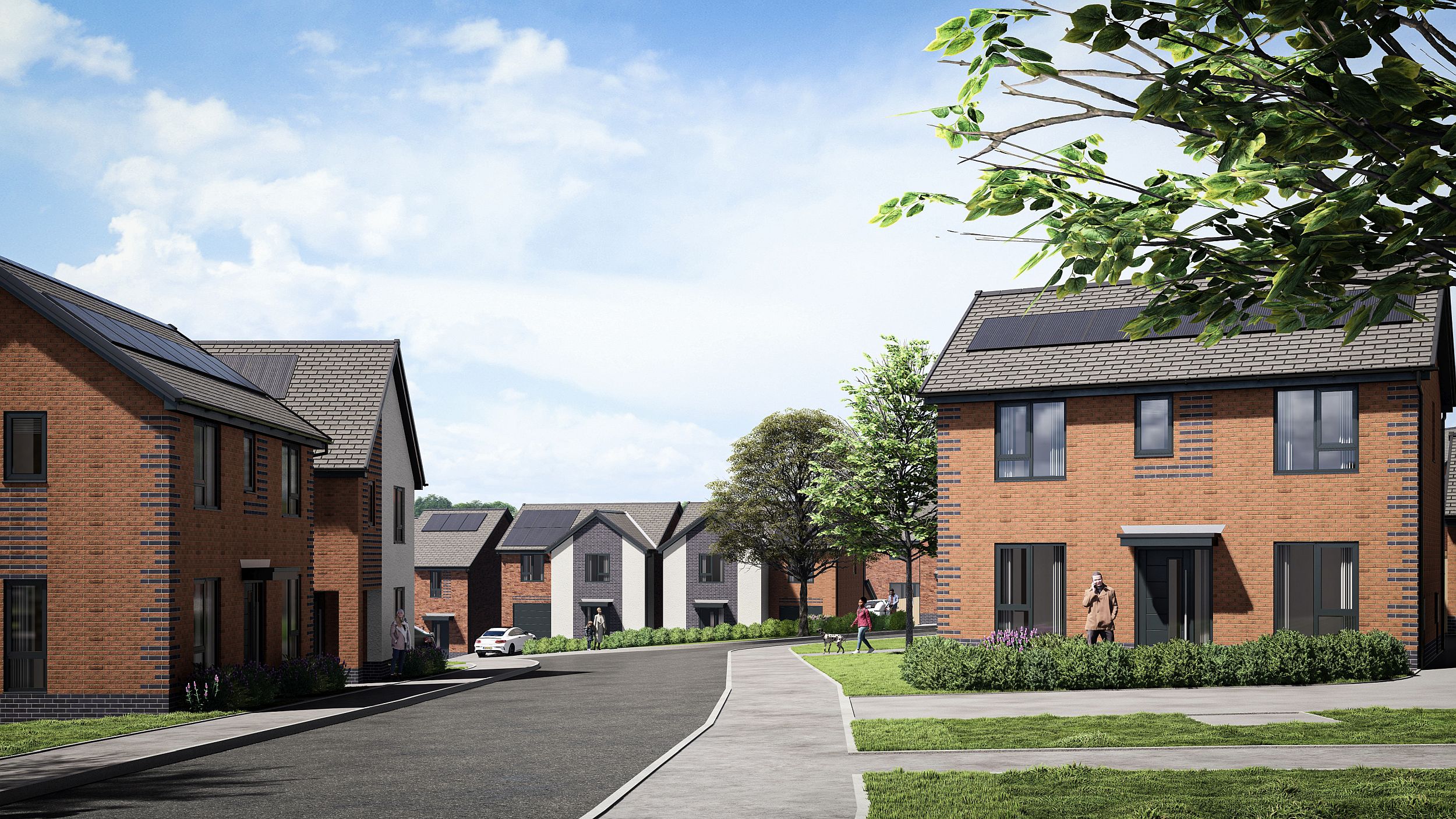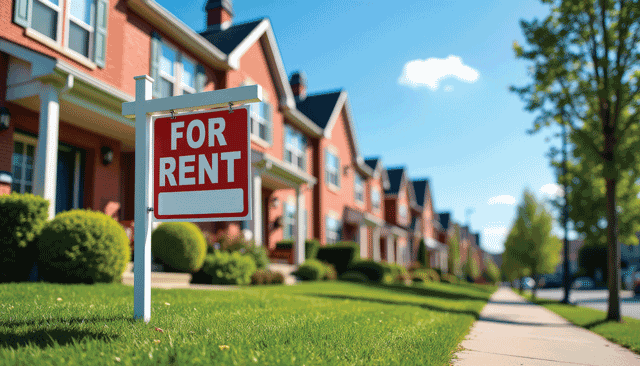COMMENT As the world prepares itself for a net zero reality, the property sector still has work to do: 37% of emissions still come from the building and construction sector. Regulators, governments and activists are therefore right to want to see the sector bring down its emissions fast. But what is more important is that it is also the occupiers of commercial property who want their workspace footprint decarbonised. This makes decarbonisation a financial imperative for commercial landlords, as much as a regulatory one.
During the recent election, with the focus elsewhere, some businesses could perhaps be forgiven for thinking sustainability had fallen down the national priority list. For SMEs however, that is far from true – sustainability has very much remained front of mind, with Workspace’s SME surveys for the past three years further verifying this point. In 2024 alone, 88% of respondents described sustainability as “important” to them, and over two-thirds have a plan in place to reach net zero by 2050.
Four focuses
Thinking about what our customers want, and not just what regulators are demanding, has allowed us to embed not only a sustainability strategy but a sustainability mindset. This has achieved results: we are on the verge of achieving our 1.5ºC-aligned science-based targets this year, six years earlier than the 2030 deadline.
We have achieved this by accelerating our efforts across four key areas: electrifying heat sources, improving energy efficiency, buying clean energy and prioritising retrofitting over reconstruction. In addition, we have monitored performance real-time, optimised energy and waste management and put customer priorities first. We call this our sustainability playbook, which is now consistently implemented across the portfolio.
Electrifying buildings by replacing gas boilers with high efficiency heat pumps is the fastest way to reduce both energy and Scope 1 emissions. Through our accelerated sustainable refurbishment pipeline, we have electrified more than 50% of our portfolio, with most works carried out while the buildings remain fully operational. This has resulted in significant gas savings year on year, achieving more than a 40% reduction in Scope 1 emissions since the 2019 baseline, six years ahead of our 2030 target. Additionally, this approach has directly benefited our customers by reducing their costs.
Energy efficiency needs to be a continued focus, and we have reaped maximum benefits by optimising controls and reducing unnecessary wastage. This includes active control of set points, timers, and real-time monitoring of consumption.
Switching to green electricity should be the next priority for landlords wanting to reduce Scope 2 emissions. It’s not enough to simply switch to electrify the building if the power still comes from fossil fuels. In 2023, we secured a 10-year deal with Statkraft, Europe’s top renewable energy producer, to provide two-thirds of our electricity demand from a new solar plant in Devon, which will also contribute 20GW of additional renewable capacity to the UK grid. Through this we have enabled our customers to eliminate their Scope 2 emissions and bring down their overall emissions footprint.
Perhaps most importantly, property owners should prioritise retrofitting over rebuilding wherever possible to retain embodied carbon and preserve historic buildings. It is far better to avoid an emission entirely than to offset it at a later date. Our Leroy House project in Islington, delivering 58,000 sq ft of high-quality sustainable office space, exemplifies this approach, where we are aiming to achieve a more than 70% reduction of embodied carbon compared to the industry benchmark by retaining the current structure and using recycled steel and concrete. Occupiers are invariably drawn to historic buildings which have a sense of charm that new ones can never recreate, while careful refurbishment allows them to be as high-spec and sustainable as a new one.
Business benefits
By focusing on the right areas, landlords can deliver improved environmental outcomes, while also achieving stronger financial performance, thanks to companies that want to make their home in sustainable buildings. As a testament to our efforts, in 2023 we improved our pricing by 10% and net rental income grew by 8.2% and delivered on our ambitious sustainability targets ahead of schedule.
For all landlords, a customer-centric approach to sustainability is crucial. Responding to their needs will create buildings that are fit for a net zero economy, surpass regulatory expectations and remain in demand long into the future.
Sonal Jain is head of sustainability at Workspace











